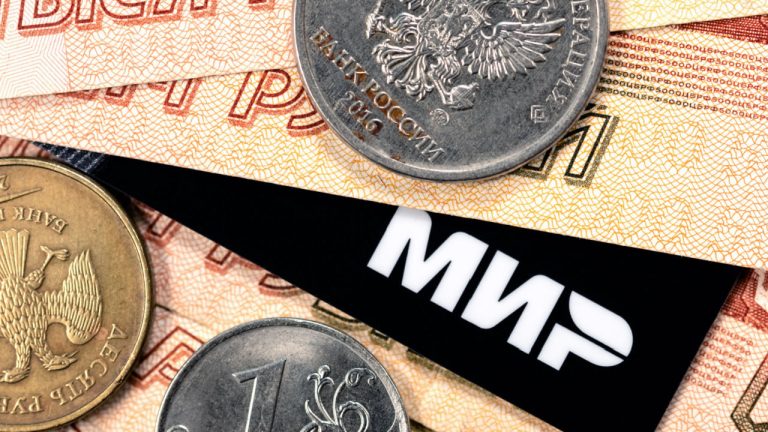
The government of Venezuela has announced that it is currently working to integrate Mir, a Russian electronic card and transfer payments system. President Nicolas Maduro backed this integration, stating that this move is part of a de-dollarization push. More than 40,000 payment terminals are being adapted to accept Mir-compliant cards.
Venezuela Integrates Russia’s Mir Payments System
The government of Venezuela recently announced that it is integrating Mir, a Russian payments system, into its point-of-sale network, as part of a national de-dollarization push previously announced by President Nicolas Maduro.
Calixto Ortega, president of the Central Bank of Venezuela, stated that the bank had finalized the necessary steps to “be connected to the interbank messaging of the Central Bank of Russia in order to be able to communicate with Venezuelan banks and Russian banks through this system.”
In this first phase, more than 40,000 point-of-sale terminals will be able to interact with the Mir payments system. The Central Bank of Russia established Mir in 2017 to circumvent the sanctions that credit card providers — like Mastercard and Visa — enacted against the country in 2014.
Ortega stated that the goal is for 30% of the available terminals to be connected to the Mir system to accept cards issued by Russian banks, denominated in rubles, to make payments in local currency in Venezuela.
International Settlements Also Contemplated
President Nicolas Maduro explained that this implementation was part of the construction of a new global payments system, away from Western sanctions and the influence of the U.S. dollar.
Maduro stated:
They tried to isolate us monetarily and financially, unfairly, with blockades and criminal sanctions, however, with the incorporation into the Russian Mir Payment System, we are building financial and monetary systems of the new world.
In April, during a visit of Russian Foreign Minister Sergey Lavrov to Venezuela, Venezuelan Foreign Minister Yvan Gil communicated that the two countries were working to develop an alternative to SWIFT, the standard bank interconnection system, to free Russia and Venezuela from dollar hegemony.
U.S. sanctions have affected the commercial relationship between companies of the two countries. In this sense, Ortega stated that this integration would provide “fluid communication to facilitate import and export transactions in our currencies, in bolivars and rubles,” hinting at the utilization of Mir to settle international transactions in the future.
What do you think about the integration of the Mir payments system in Venezuela? Tell us in the comment section below.
Comments
Post a Comment